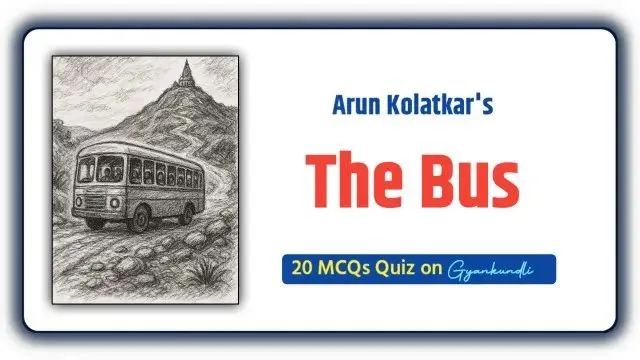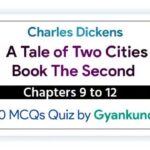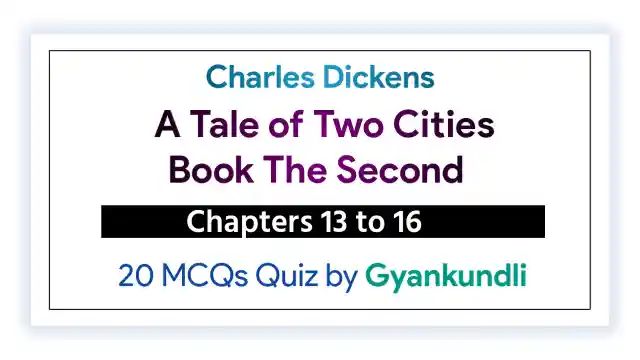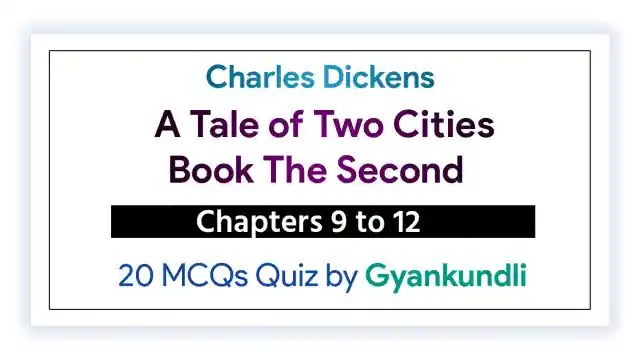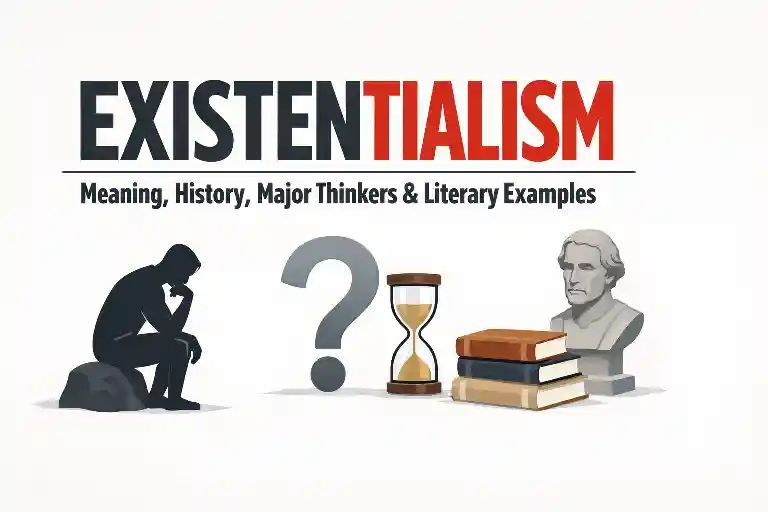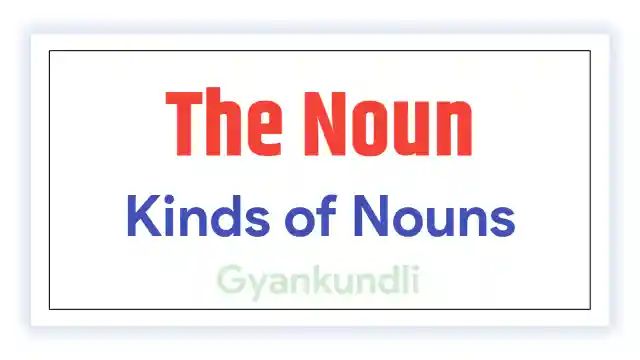The Bus MCQ Quiz : Arun Kolatkar’s poem “The Bus” is the opening poem of his famous collection Jejuri (1976). This poem marks the beginning of a spiritual and physical journey to the holy town of Jejuri in Maharashtra. Written in simple language and vivid imagery, the poem captures the poet’s keen observation of life and faith in the modern Indian setting.
The poem begins with the bus moving through the darkness before dawn. The bus becomes a symbol of a spiritual journey where the traveller (or pilgrim) seeks light, truth, and inner awakening. Kolatkar uses realistic details — the smell of dust, the sound of the bus, and the dim light — to create a vivid picture of early morning travel. The atmosphere is both mysterious and ordinary, showing the mix of everyday life and spiritual quest.
When the bus finally stops at Jejuri, the pilgrim steps down and the world around him slowly begins to glow as the sun rises. This movement from darkness to light represents not only the physical dawn but also an inner awakening of the soul. Kolatkar beautifully merges the sacred and the secular, suggesting that divinity can be found even in the simplest acts and surroundings.
One of the most remarkable aspects of Kolatkar’s poetry is his ability to blend irony and devotion. He presents the holy town not in a traditional religious way but through the eyes of a common man — curious, observant, and questioning. Through “The Bus”, Kolatkar invites readers to look at faith with both reverence and realism.
Overall, “The Bus” sets the tone for the rest of Jejuri as a journey of self-discovery. It reflects Kolatkar’s modern sensibility and his deep understanding of Indian spirituality, expressed in the language of simplicity and truth.
Text of The Bus by Arun Kolatkar
The Bus MCQ Quiz
Discover more from Gyankundli
Subscribe to get the latest posts sent to your email.
